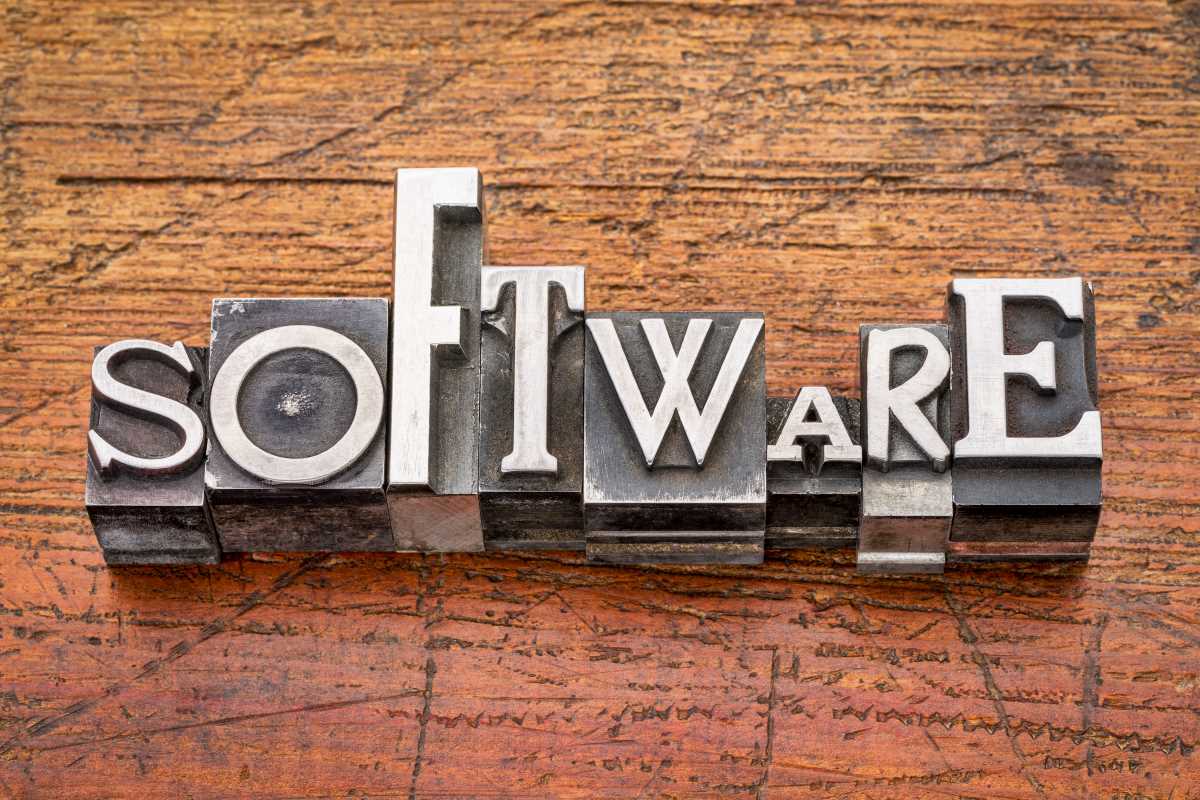For a digital business, data is the lifeblood. You handle customer information, process online payments, and store valuable company secrets, all within a digital ecosystem. While this creates incredible opportunities for efficiency and growth, it also opens the door to significant risks. Cybercriminals are constantly looking for weak points to exploit, and a single security breach can be catastrophic. It can lead to devastating financial losses, cripple your operations, and, most importantly, destroy the trust you've worked so hard to build with your customers. Simply hoping you won't be a target is not a strategy. A proactive defense is essential.
Key Categories of Cybersecurity Tools
Building a robust security posture involves creating multiple layers of defense. A single tool can't do everything. Instead, a well-rounded strategy uses a combination of tools that each serve a specific purpose. Here are the essential categories every digital business should consider.
1. Endpoint Protection (Antivirus and Anti-Malware)
Your "endpoints" are all the devices that connect to your business network: laptops, desktops, servers, and even smartphones. Each one is a potential entry point for an attack. Modern endpoint protection platforms go far beyond traditional antivirus software.
- What it does: This software actively scans devices for malware, viruses, ransomware, and spyware. Advanced solutions use behavioral analysis to detect new, unknown threats (zero-day attacks) by identifying suspicious activity rather than just looking for known virus signatures.
- Why you need it: An employee can accidentally click a malicious link or download an infected file at any time. Endpoint protection is your last line of defense on the device itself, capable of quarantining and removing threats before they can spread across your network.
- Tools to look for: Look for solutions that offer real-time scanning, ransomware protection, and centralized management, so you can monitor all company devices from a single dashboard. Well-regarded options include Bitdefender GravityZone, CrowdStrike Falcon, and SentinelOne.
2. Firewalls
A firewall acts as a gatekeeper for your network traffic. It stands between your internal business network and the outside internet, inspecting all the data that tries to come in or go out.
- What it does: It works based on a set of security rules to block unauthorized access and malicious traffic while allowing legitimate communications to pass through. Modern "Next-Generation Firewalls" (NGFWs) offer more advanced features like intrusion prevention systems (IPS) that can identify and block sophisticated attacks in real-time.
- Why you need it: A firewall is your network's front door lock. Without it, your entire network is exposed to the public internet, making it easy for hackers to scan for vulnerabilities and attempt to gain access.
- Tools to look for: Most modern business routers have a built-in firewall, but for stronger protection, consider a dedicated hardware firewall appliance or a cloud-based firewall service. Providers like Cisco Meraki, Fortinet, and Palo Alto Networks offer solutions tailored for businesses of all sizes.
3. Password Managers
The number one cause of data breaches is weak or stolen credentials. A password manager is a simple, low-cost tool that solves this problem almost instantly.
- What it does: It creates a secure, encrypted vault to store all your passwords. It can generate incredibly strong, unique passwords for every online service you use. Your team only needs to remember one single, strong master password to access the vault.
- Why you need it: It eliminates the dangerous habit of reusing passwords across multiple sites and stops employees from writing them down on sticky notes. Business-oriented plans allow for secure password sharing among teams and provide a central dashboard for security oversight.
- Tools to look for: Choose a service with a strong reputation for security, multi-factor authentication for the master account, and a user-friendly interface. Top choices for business include 1Password for Business, Bitwarden, and Dashlane.
4. Virtual Private Network (VPN)
When your employees work remotely or connect to public Wi-Fi networks at coffee shops, airports, or hotels, they are exposing their internet traffic to potential eavesdropping. A VPN creates a secure, private tunnel for their connection.
- What it does: A VPN encrypts all the data traveling between an employee's device and the internet. This makes it unreadable to anyone who might be snooping on the network, protecting sensitive company information from being intercepted.
- Why you need it: It's essential for any business with remote employees or team members who travel. It ensures that company data remains confidential, even when accessed over untrusted networks.
- Tools to look for: For business use, select a VPN provider that offers dedicated business plans, fast speeds, and a strict no-logs policy. Highly-rated services include NordLayer (from NordVPN), Perimeter 81, and ExpressVPN.
5. Data Backup and Recovery Solutions
It's not a question of if you will experience data loss, but when. It could happen due to a hardware failure, an accidental deletion, or a devastating ransomware attack. A reliable backup is your safety net.
- What it does: These tools automatically create copies of your critical business data and store them in a separate, secure location, usually in the cloud. This allows you to restore your files and get back to business quickly after a disaster.
- Why you need it: In a ransomware attack, a recent and accessible backup is often the only way to recover your files without paying the ransom. It protects you from all forms of data loss and is a cornerstone of business continuity.
- Tools to look for: Follow the 3-2-1 rule: three copies of your data, on two different media, with one copy off-site. Cloud backup services make this easy. Look for solutions that offer automated, continuous backups and simple restoration processes. Backblaze for Business and Carbonite are excellent, set-and-forget options.
 (Image via
(Image via





